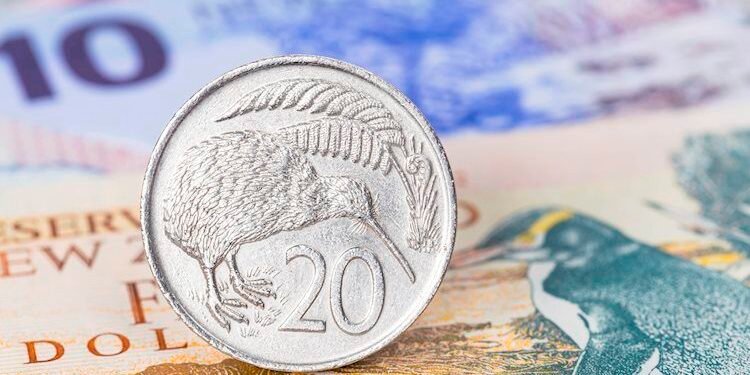The exchange rate between the New Zealand dollar (NZD) and the Indian rupee (INR) has fluctuated over the years. Several factors, including economic performance, inflation, interest rates, and political stability, influence the exchange rate between the two currencies. This article aims to comprehensively analyze the NZD to INR exchange rate, uncovering the factors affecting its fluctuations.
Understanding Exchange Rates
Before delving into the dynamics of the NZD to INR exchange rate, it’s essential to understand what exchange rates are clearly. Exchange rates are the prices at which you can exchange one currency for another. One coin values another at a specific rate. Exchange rates are essential for international trade and investment as they facilitate the conversion of one currency to another.
Supply and demand factors in the foreign exchange market determine exchange rates. When the demand for a currency exceeds its supply, its value appreciates, and when the supply of money exceeds demand, the currency’s value depreciates. Hence, exchange rates are subject to fluctuations due to changes in supply and demand factors.
Factors Influencing NZD to INR Exchange Rates
Several factors influence the fluctuations in the NZD to INR exchange rate. We can broadly classify these factors into two categories: fundamental and speculative.
Fundamental Factors
Fundamental factors are economic, financial, or political factors that influence the supply and demand for a currency. These factors include:
- Economic Performance: A country’s financial performance affects the market for its currency. When a country’s economy is performing well, investors are more likely to invest in the country, increasing the order for the money. In contrast, when the economy is performing poorly, investors are the potential to pull out their investments, leading to a decrease in demand for cash. Therefore, New Zealand and India’s economic performance significantly impacts the exchange rate between the NZD and INR.
- Interest Rates: Interest rates also influence exchange rates. When a country’s interest rates are high, it attracts foreign investments, increasing demand for the currency. In contrast, when the interest rates are low, investors are less likely to invest in the country, leading to decreased currency demand. The Reserve Bank of New Zealand and the Reserve Bank of India determine the interest rates in their respective countries, making interest rates a critical factor in the exchange rate between the two currencies.
- Inflation: Inflation is another fundamental factor that influences exchange rates. When a country’s inflation rate is high, the purchasing power of its currency decreases, leading to a decrease in demand for money. In contrast, when the inflation rate is low, the currency’s purchasing power increases, leading to a rise in capital.
- Political Stability: Political stability is another fundamental factor that influences exchange rates. When a country is politically stable, investors are more likely to invest in the country, leading to increased demand for the currency. In contrast, when a country is politically unstable, investors are less likely to invest in the country, leading to a decrease in demand for the currency.
Speculative Factors
Speculative factors influence the exchange rate due to market speculation and perception rather than economic fundamentals. These factors include:
- Market Sentiment: Market sentiment refers to investors’ overall mood or attitude towards a particular currency. When investors are bullish on a coin, it increases demand for the money, leading to an appreciation of its value. In contrast, when investors are bearish on a coin, it leads to a decrease in demand for the money, leading to a depreciation of its value.
- Political Events: Political events like elections or geopolitical tensions can influence exchange rates through market speculation. For example, if there’s uncertainty surrounding an upcoming election, investors may sell off the currency, leading to a decrease in demand for the money and a depreciation of its value.
Conclusion
In conclusion, the NZD to INR exchange rate fluctuates due to various factors. Fundamental factors such as economic performance, interest rates, inflation, and political stability play a significant role in determining the exchange rate between the two currencies. Speculative factors such as market sentiment and political events influence the exchange rate through market speculation. Understanding these factors and their impact on the exchange rate can help individuals and businesses make informed decisions about international trade and investment involving the NZD and INR.
Also, Read Discovering Whitcoulls: New Zealand’s Premier Retail Chain Since 1888.



